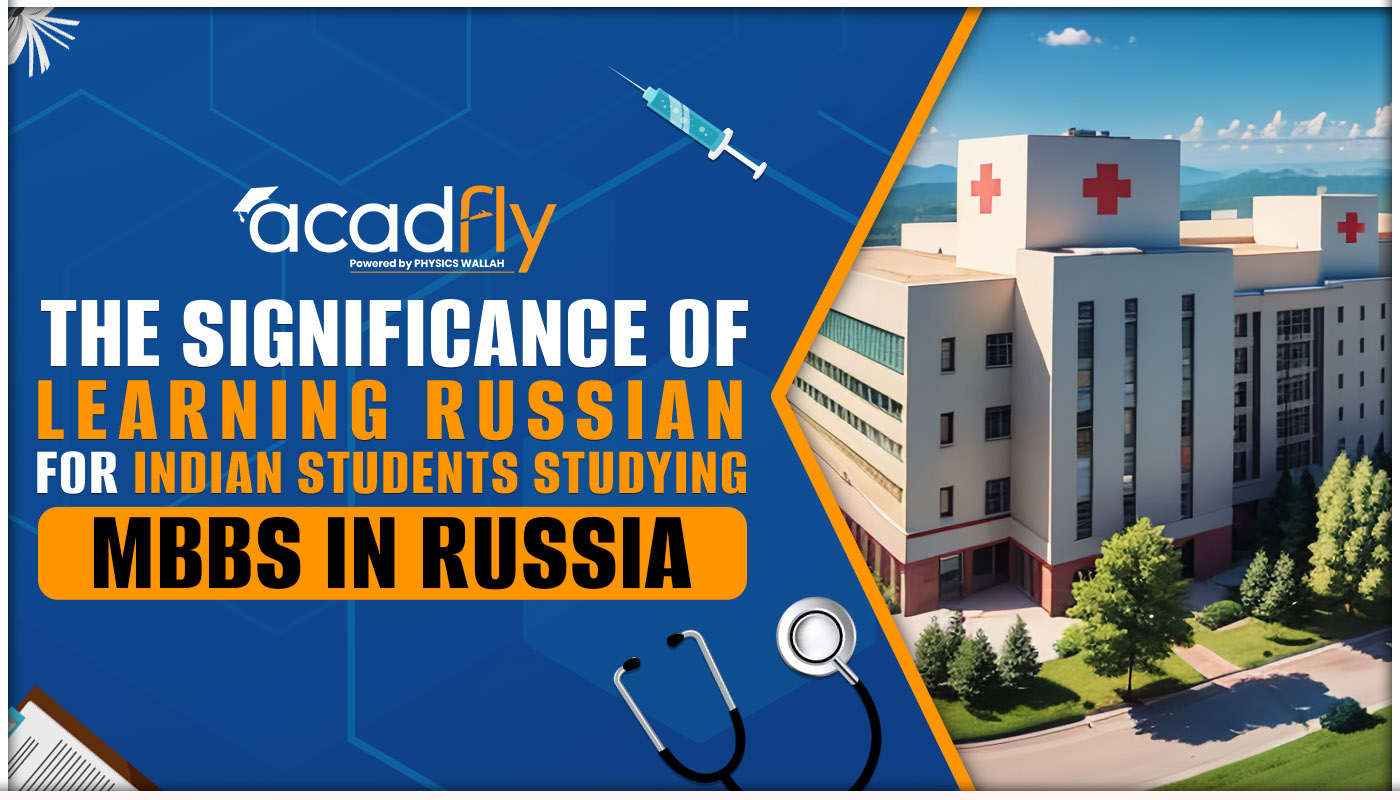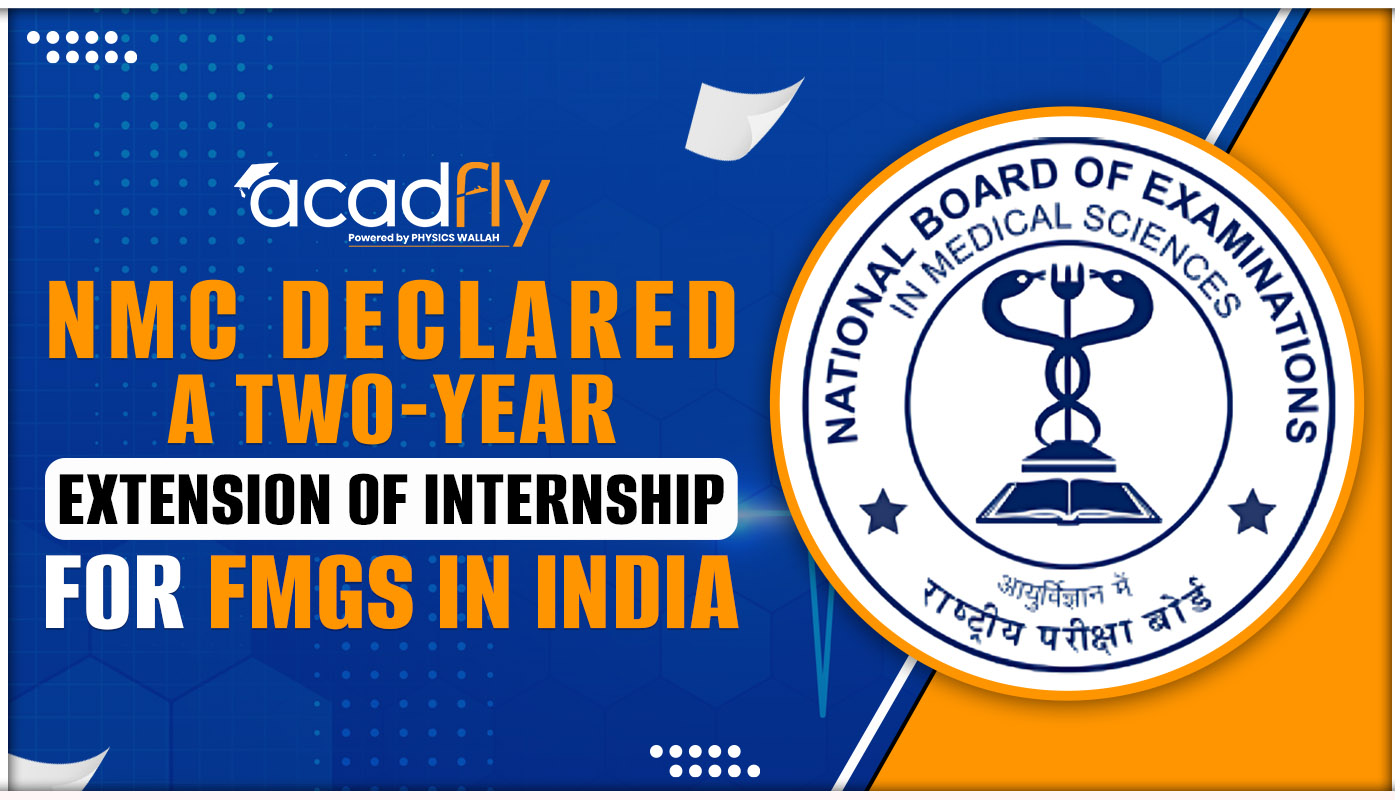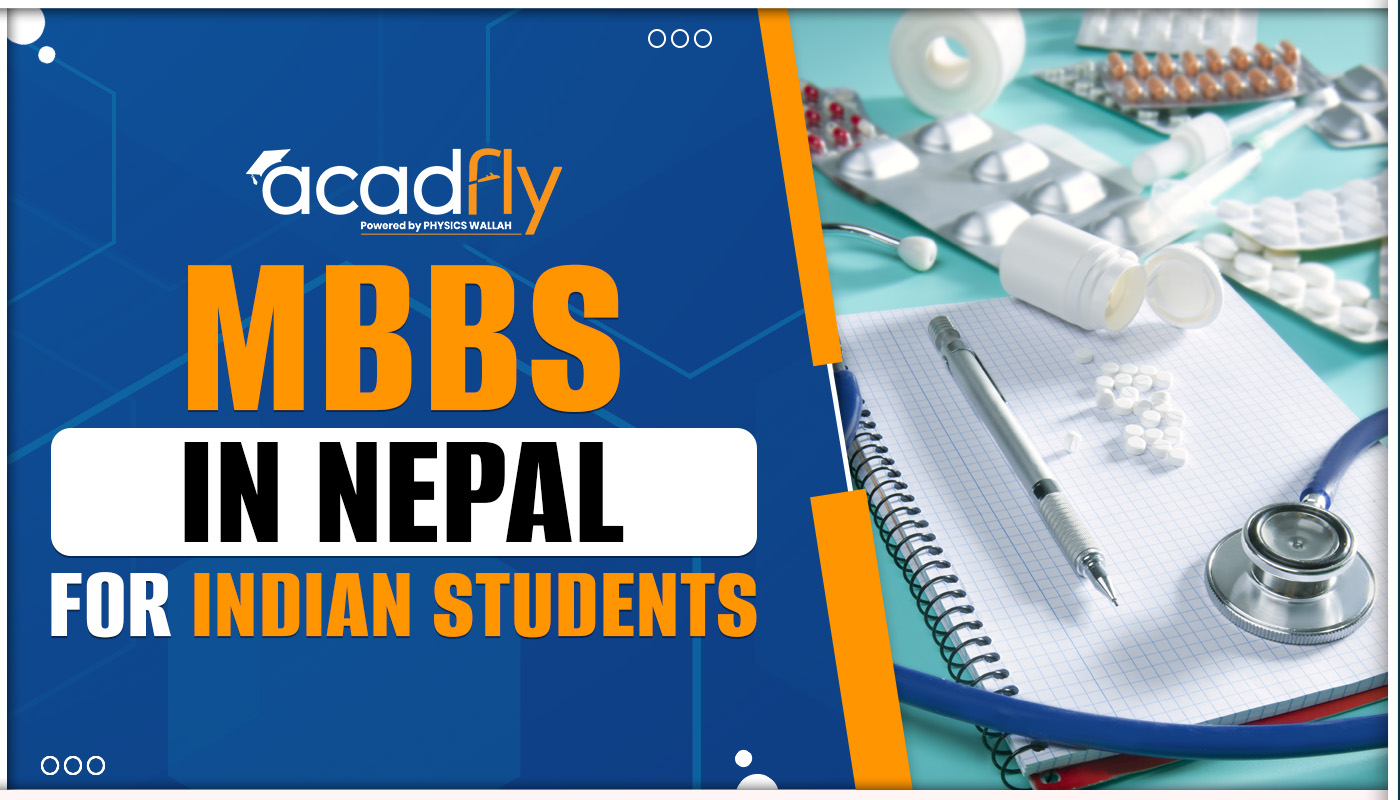
Pursuing an MBBS degree abroad is a dream for many Indian students. The allure of world-class education, exposure to advanced medical practices, and the opportunity to study in globally recognized institutions make it an attractive option. However, along with these benefits come several challenges that Indian students often face when studying MBBS programs abroad. This article will explore these challenges in detail and provide practical solutions for overcoming them. Whether you're a prospective student or a concerned parent, understanding these common issues and knowing how to address them can make the journey smoother and more successful.
Navigating Cultural Differences: A Major Challenge for Indian MBBS Students Abroad
One of the most significant challenges for Indian MBBS students studying abroad is adjusting to the cultural differences in a foreign country. Culture shock can manifest in various ways, from unfamiliar social norms and customs to different dietary habits and language barriers.
Understanding the Impact of Cultural Differences on Academic Performance
Cultural differences can have a profound impact on a student's academic performance. For example, the teaching methods in foreign medical schools may differ from what Indian students are accustomed to. In some countries, the education system emphasizes self-study and critical thinking, which can be challenging for students used to a more structured and guided approach.
Tips for Overcoming Cultural Challenges in Medical Schools Abroad
-
Engage with Local Culture: One of the best ways to overcome cultural differences is to actively engage with the local culture. Attend cultural events, learn the local language, and make an effort to understand the customs and traditions of the host country. This not only helps in better integration but also enriches the overall learning experience.
-
Seek Support from Fellow Indian Students: Many Indian students studying MBBS abroad form student associations or join existing ones. These groups provide a supportive community where students can share their experiences, offer advice, and help each other navigate cultural challenges.
-
Utilize University Resources: Most universities offer resources such as counseling services, language courses, and cultural orientation programs to help international students adjust to the new environment. Taking advantage of these resources can ease the transition and help students feel more at home.
Language Barriers: A Common Issue in Medical Schools Abroad and How to Overcome It
Language is another significant barrier that Indian MBBS students may face when studying abroad. While many medical programs are offered in English, the local language of the country may still pose challenges, especially when it comes to interacting with patients during clinical rotations.
The Impact of Language Barriers on Medical Studies
Language barriers can affect a student's ability to fully grasp complex medical concepts, participate in discussions, and effectively communicate with peers, professors, and patients. This can lead to feelings of isolation, frustration, and even a decline in academic performance.
Strategies for Overcoming Language Barriers in MBBS Programs
-
Enroll in Language Courses: Before and during your MBBS program, consider enrolling in language courses to improve your proficiency in the local language. Many universities offer these courses specifically for international students.
-
Practice Regularly: Practice is key to overcoming language barriers. Engage in conversations with local students, participate in language exchange programs, and make an effort to use the local language in your daily interactions.
-
Use Language Learning Apps: Technology can be a great ally in overcoming language challenges. Apps like Duolingo, Babbel, and Rosetta Stone offer interactive language learning experiences that can help you improve your language skills at your own pace.
Financial Challenges: Addressing MBBS Study Issues Related to Costs and Expenses
The cost of studying MBBS abroad can be significantly higher than in India, which can be a major concern for students and their families. Tuition fees, accommodation, travel, and other living expenses can add up quickly, making it essential to have a well-planned financial strategy.
Understanding the Financial Burden of MBBS Programs Abroad
Studying MBBS abroad often requires a substantial financial commitment. In addition to tuition fees, students must consider the cost of living in a foreign country, which can vary greatly depending on the location. Furthermore, there may be additional expenses such as health insurance, study materials, and travel costs for visits back home.
Solutions for Managing Financial Challenges
-
Scholarships and Financial Aid: Many universities and governments offer scholarships and financial aid to international students. Research and apply for these opportunities early to increase your chances of receiving financial support. Scholarships can significantly reduce the financial burden and make studying abroad more affordable.
-
Part-Time Work: Some countries allow international students to work part-time while studying. This can be a great way to earn extra money to cover living expenses. However, it's essential to ensure that your part-time job does not interfere with your studies.
-
Budgeting and Financial Planning: Creating a detailed budget and sticking to it is crucial for managing expenses. Track your spending, prioritize essential costs, and avoid unnecessary expenses. Financial planning can help you make the most of your resources and avoid financial stress.
Academic Challenges: Common Issues in Medical Schools Abroad and How to Tackle Them
The academic challenges faced by Indian students in MBBS programs abroad can be daunting. The rigorous curriculum, different teaching methods, and high expectations can lead to stress and anxiety.
Understanding the Academic Demands of MBBS Programs
MBBS programs abroad are known for their high academic standards and demanding coursework. Students are often required to master complex subjects, participate in clinical rotations, and pass rigorous exams. The pressure to perform well can be overwhelming, especially for students who are away from their usual support systems.
Strategies for Overcoming Academic Challenges
-
Time Management: Effective time management is key to handling the academic workload. Create a study schedule that allows you to allocate sufficient time for each subject while also including breaks and leisure activities. Prioritize tasks and avoid procrastination to stay on top of your studies.
-
Seek Academic Support: Many universities offer academic support services such as tutoring, study groups, and mentoring programs. Don't hesitate to seek help if you're struggling with a particular subject or topic. Academic support can provide valuable guidance and help you overcome difficulties.
-
Stay Organized: Keeping track of assignments, deadlines, and exams is essential for academic success. Use tools like planners, calendars, and apps to stay organized and ensure that you meet all your academic responsibilities.
Homesickness and Mental Health: Indian Student Challenges Abroad and How to Address Them
Homesickness and mental health issues are common challenges faced by Indian students studying MBBS abroad. Being away from family and friends, adjusting to a new environment, and dealing with the pressures of academic life can take a toll on mental well-being.
Understanding the Emotional Impact of Studying Abroad
The emotional impact of studying abroad can be significant. Homesickness, loneliness, and the stress of adapting to a new culture can lead to feelings of depression and anxiety. Mental health issues can affect a student's academic performance and overall well-being.
Strategies for Overcoming Homesickness and Maintaining Mental Health
-
Stay Connected with Loved Ones: Regular communication with family and friends back home can help alleviate feelings of homesickness. Use video calls, messaging apps, and social media to stay in touch and maintain your support network.
-
Build a Support System Abroad: Building a support system in your new environment is crucial for maintaining mental health. Connect with fellow students, join clubs or organizations, and participate in social activities to create a sense of community.
-
Seek Professional Help: If you're struggling with mental health issues, don't hesitate to seek professional help. Many universities offer counseling services for international students. Talking to a counselor can provide you with the support and coping strategies you need to manage your mental health.
-
Practice Self-Care: Prioritize self-care by engaging in activities that promote relaxation and well-being. Whether it's exercising, practicing mindfulness, or pursuing hobbies, taking care of your mental and physical health is essential for coping with the challenges of studying abroad.
Clinical Rotations and Hands-On Experience: Overcoming MBBS Challenges in Practical Training
Clinical rotations and hands-on experience are integral parts of an MBBS program, but they can also present challenges for Indian students studying abroad. The differences in medical practices, patient demographics, and healthcare systems can be overwhelming.
Understanding the Importance of Clinical Rotations
Clinical rotations provide students with the opportunity to apply their theoretical knowledge in real-world settings. However, adapting to a new healthcare system and understanding the local medical practices can be challenging for international students.
Strategies for Overcoming Challenges in Clinical Rotations
-
Prepare in Advance: Before starting your clinical rotations, familiarize yourself with the healthcare system and medical practices of the host country. This can help you understand what to expect and reduce the learning curve.
-
Seek Guidance from Mentors: During your clinical rotations, seek guidance from mentors and experienced healthcare professionals. They can provide valuable insights, offer practical advice, and help you navigate the challenges of hands-on training
-
Be Open to Learning: Approach your clinical rotations with an open mind and a willingness to learn. Embrace the differences in medical practices and use the opportunity to expand your knowledge and skills. Being adaptable and flexible can enhance your learning experience and help you overcome challenges.
Adapting to the Examination System: Addressing MBBS Study Issues Related to Exams and Assessments
The examination system in foreign medical schools may differ significantly from what Indian students are used to. This can be a source of stress and anxiety, especially when the stakes are high.
Understanding the Examination System in Foreign Medical Schools
The examination system in medical schools abroad may include a combination of written exams, oral exams, practical assessments, and continuous evaluation. The emphasis on different types of assessments can vary depending on the country and the institution.
Strategies for Adapting to the Examination System
-
Familiarize Yourself with the Format: Before your exams, familiarize yourself with the format and expectations of the examination system. Understanding the types of questions, the grading criteria, and the time constraints can help you prepare more effectively.
-
Practice with Past Papers: Practicing with past exam papers is a great way to get a feel for the types of questions that may be asked and to assess your knowledge. This can also help you identify areas where you need further study.
-
Develop Effective Study Techniques: Adapting your study techniques to align with the examination system is essential for success. Focus on understanding the concepts rather than rote memorization, and practice applying your knowledge in different scenarios.
Navigating Visa and Immigration Issues: Solutions for MBBS Problems Related to Legal Requirements
Visa and immigration issues can be a major concern for Indian students studying MBBS abroad. The process of obtaining and maintaining a student visa can be complex and time-consuming.
Understanding Visa and Immigration Requirements
Each country has its own set of visa and immigration requirements for international students. These may include proof of financial stability, health insurance, and compliance with specific academic criteria. Failure to meet these requirements can result in visa denial or cancellation.
Strategies for Navigating Visa and Immigration Issues
-
Research Early: Start researching visa and immigration requirements well in advance of your planned departure. This will give you ample time to gather the necessary documents and fulfill the requirements.
-
Stay Informed: Immigration policies and visa regulations can change frequently. Stay informed about any updates or changes that may affect your status as a student. Regularly check official government websites and consult with your university's international office.
-
Seek Professional Assistance: If you're unsure about the visa and immigration process, consider seeking professional assistance from a licensed immigration consultant or lawyer. They can guide you through the process and help you avoid common pitfalls.
Balancing Academics and Social Life: Overcoming MBBS Challenges Related to Time Management
Balancing academics and social life is a common challenge for Indian MBBS students studying abroad. The demanding nature of medical studies often leaves little time for social activities, which can lead to burnout and isolation.
Understanding the Importance of Work-Life Balance
Maintaining a healthy work-life balance is crucial for overall well-being and academic success. While it's important to focus on your studies, neglecting your social life can have negative consequences on your mental and emotional health.
Strategies for Balancing Academics and Social Life
-
Prioritize and Plan: Prioritizing your tasks and planning your schedule can help you balance academics and social activities. Set aside specific times for studying, socializing, and self-care. Sticking to a well-organized plan can reduce stress and improve your overall productivity
-
Engage in Social Activities: Make an effort to engage in social activities, even if it's just for a short time each week. Socializing with peers, participating in student clubs, or exploring the local culture can help you recharge and maintain a positive outlook.
-
Practice Self-Discipline: While it's important to enjoy your social life, practicing self-discipline is key to avoiding distractions. Stay focused on your academic goals, and avoid procrastination by setting clear boundaries between study time and leisure time.
Building a Professional Network: Addressing MBBS Study Issues Related to Career Opportunities
Building a professional network is essential for future career opportunities, but it can be challenging for Indian students studying MBBS abroad. Networking in a foreign country requires effort and strategic planning.
Understanding the Importance of Professional Networking
A strong professional network can open doors to internships, research opportunities, and job placements. Networking with professors, healthcare professionals, and fellow students can provide valuable insights and connections that can benefit your medical career.
Strategies for Building a Professional Network Abroad
-
Attend Conferences and Seminars: Participating in medical conferences, seminars, and workshops is a great way to meet professionals in your field. These events provide opportunities to learn about the latest developments in medicine and to network with experts and peers.
-
Join Professional Organizations: Many countries have professional organizations for medical students and healthcare professionals. Joining these organizations can help you connect with like-minded individuals and gain access to resources and networking opportunities.
-
Leverage Social Media: Social media platforms like LinkedIn can be powerful tools for building a professional network. Create a professional profile, connect with individuals in the medical field, and engage in online discussions and groups related to your area of interest.
Conclusion: Overcoming the Challenges for Indian MBBS Students Abroad
Studying MBBS abroad offers numerous opportunities for Indian students, but it also comes with its fair share of challenges. From cultural differences and language barriers to financial concerns and academic demands, the journey can be daunting. However, with the right strategies and a proactive approach, these challenges can be effectively managed and overcome. By engaging with the local culture, seeking academic and financial support, maintaining mental well-being, and building a professional network, Indian MBBS students can thrive in their studies and make the most of their experience abroad.
Frequently Asked Questions
1. What are the common challenges faced by Indian MBBS students studying abroad?
2. How can Indian students overcome language barriers in MBBS programs abroad?
3. What financial support options are available for Indian MBBS students studying abroad?
4. How can Indian students maintain mental health while studying MBBS abroad?
5. What strategies can Indian MBBS students use to build a professional network abroad?










